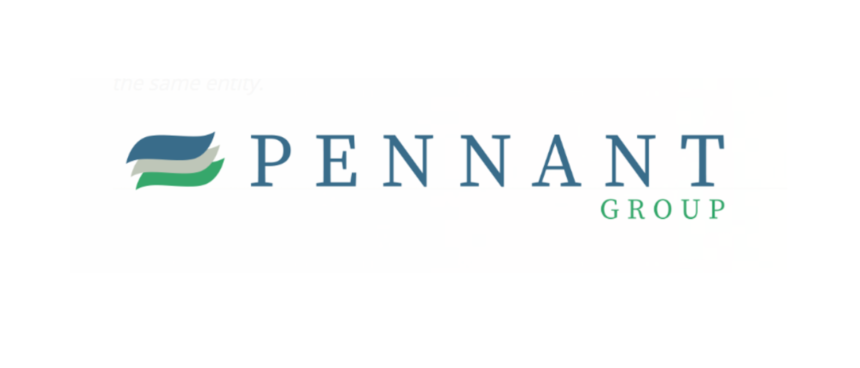
In the midst of a “challenging operating environment” for senior living, The Pennant Group does not plan to allocate capital for acquisitions in the sector in the near term “as our leaders focus their efforts on navigating the challenges of the pandemic and driving improved results in our existing buildings,” Chairman and CEO Danny Walker said Thursday on the holding company’s fourth-quarter and full-year 2020 earnings call.
“It’s not that we won’t do any acquisitions, but if we follow our acquisition strategy and our disciplined approach to allocation of capital, it’s hard to see how our senior living business will qualify for that right now,” he said. “We grow from a position of strength, and when we have headwinds like we face, we confront those headwinds head-on, and we overcome them. That’ll be the order of the day until we see significant, consistent signs of strength in the senior living business, and recovery there.”
It’s a different story for Pennant’s home health and hospice segment, however, for which 2020 was an “incredible” year, Walker said. In the fourth quarter alone, the company completed four acquisitions, three of them in home health and one in hospice.
“We have deployed a significant amount of capital opportunistically in the home health and hospice segment, and our capacity to deploy even more continues to increase because we have multiple healthy operating markets and a strong leadership pipeline,” he said.
The company has a newly increased revolving line of credit with which to make acquisitions. Regarding senior living, Walker said that Pennant executives “look forward to taking advantage of opportunistic acquisitions resulting from industry disruption in the wake of the pandemic. In short, these near-term pressures equate to long-term opportunity in the senior living segment.”
Pennant serves subsidiaries that as of Dec. 31 included 54 senior living — independent living, assisted living and memory care — communities and 76 home health and hospice agencies. Together, they served almost 13,000 residents and patients in 2020.
In the company’s senior living segment, revenue for the full year of 2020 was $137.3 million, an increase of $5.4 million, or 4.1%, compared with the 2019 amount. Adjusted EBITDAR (earnings before interest, taxes, depreciation, amortization and restructuring or rent costs) from operations in the fourth quarter was $48.3 million, an increase of 2% over the same quarter in 2019. Average monthly revenue per occupied unit was $3,166 for the fourth quarter and $3,188 for the full year, increases of 0.5% and 2.2%, respectively, over the prior comparable periods.
Occupancy was 77.7% for the full year of 2020.
“When we shared an update last quarter, we had seen our occupancy decline moderate and even slightly increase from September to October 2020. Since then, however, we have felt an acute impact of the second COVID-19 surge as the markets in which we operate experienced accelerated positive cases,” Walker said. “Our segment results in the fourth quarter were negatively impacted, even as we moved to offset pressures on occupancy and staffing, and we expect this trend to continue to some degree or another in the first half of 2021.”
The CEO said Pennant is hopeful that the ongoing rollout of the COVID-19 vaccine “will bolster public confidence and unlock pent-up demand for senior living services, particularly as restrictions on in-person visitation and touring abate.” Labor costs should decrease as communities are able to resume communal dining and activities, thereby increasing efficiencies, and as the need for personal protective equipment decreases, he said.
“I think, on a margin basis, you’ll see us returning to the levels in Q2 and Q3 of this year fairly quickly, probably Q2, Q3 of this year,” Walker said. “Q4, assuming there isn’t some recurrence of what we’ve experienced here, I think we can get back to where we have been in the past.”
All senior living communities served by Pennant have conducted or have scheduled their first COVID vaccination clinics, he said, and 76% of current residents have received the vaccine.
“We are very encouraged by the way the vaccine is affecting rates in our operations, in other and other skilled nursing settings, in hospital discharge structures,” Walker said. “There’s some really positive signs there that point toward a return to a manageable operating environment that would be very favorable for us.”
And despite the challenges facing the industry, Walker said Pennant is “confident in the long-term potential” of senior living, saying that the segment has “untapped potential.”
“There are multiple reasons to be optimistic we will return to growth in late 2021,” he said.



